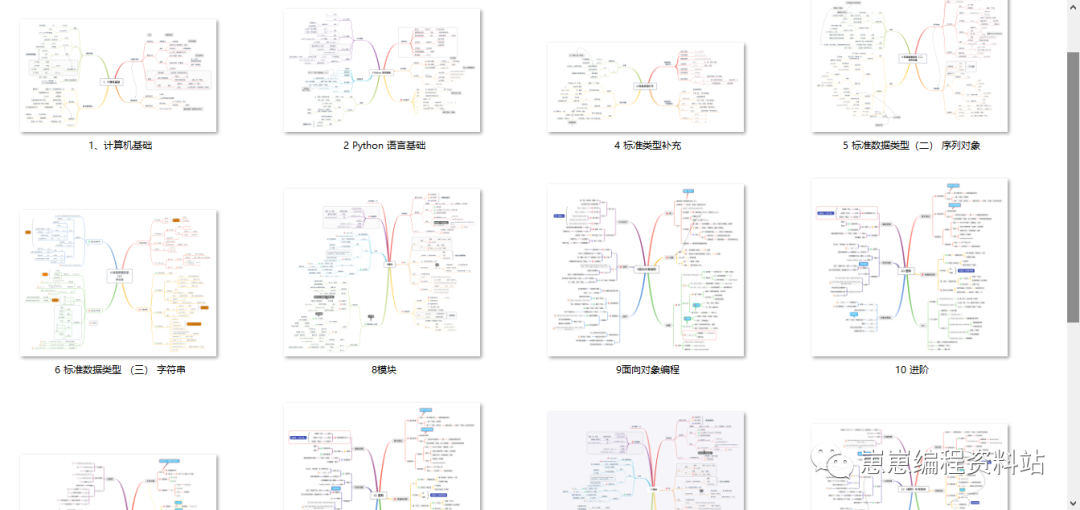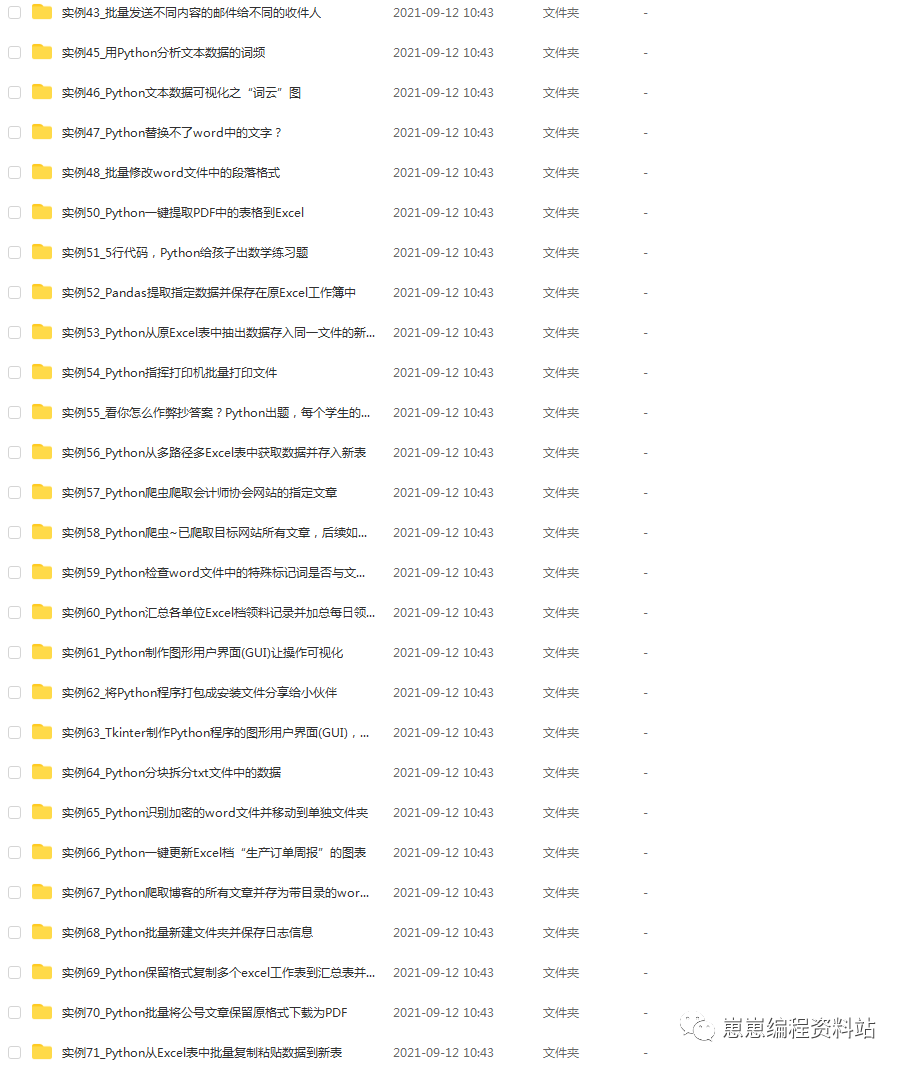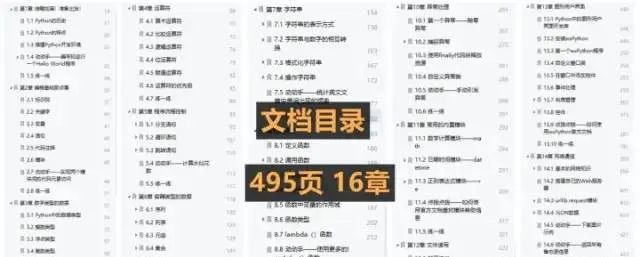Follow 👆 the official account and reply 'python' to receive a zero-based tutorial! Source from the internet, please delete if infringed.Currently, Python can be said to be a very popular programming language, with a wide range of applications, high salaries, and excellent future development.
【Tutorial How to Obtain at the End of the Article!!】
How should one learn Python? I started learning Python from scratch, and I would like to share my learning approach and methods with everyone. Simply buying books, watching videos, and doing nothing else will hardly achieve the desired results, and you might even consider giving up during the intermediate stage.

1. Four Stages of Learning Python
There is no exact answer to how long it takes to learn Python; it varies from person to person. Therefore, I have roughly divided the process of learning Python into four stages, telling you what to learn at what time, while the learning time and pace can be decided by yourself.
Stage One: Understanding the Basics of Python Programming
First, you need to understand variables, programming standards, basic syntax, etc. This is the prerequisite for you to start writing Python code.
Secondly, you need to be very familiar with data structures such as strings, lists, dictionaries, and tuples, as these data types will be present throughout your learning and usage of Python.
Stage Two: Learning Python Functions and Flow Control
When you learn Python functions and control statements, you can start to solve real problems, learning how to implement conditions and loops, and how to encapsulate fixed functionality into functions. These are necessary conditions for writing code.
The focus of function learning is on defining, calling, and passing parameters, and being able to write functions that implement different functionalities proficiently, which requires repeated practice.
Flow control involves mastering conditional and loop statements, using them in different scenarios, and understanding the processes of judgment and loops. Once you finish these, you are almost there.
Stage Three: Practical Application of Python
When it comes to practical application, this relates to understanding third-party libraries because only then can you accomplish more with Python, such as using pandas for data processing, writing crawlers with BeautifulSoup, building websites with Flask, and performing data visualization analysis with matplotlib…
Proficient use of third-party libraries can save you a lot of time, as these are stable and widely used, reducing the likelihood of bugs. You don’t need to write code from scratch; you can modify others’ code for your own use. If you want to learn web scraping or website building, you will also need to understand other knowledge areas. The more you learn, the more you will gain.
Stage Four: In-depth Study of Python Programming
If you only want to use Python for simple tasks, then the first three stages will be sufficient because you will have the ability to perform basic data analysis, web scraping, and write utility scripts to enhance work efficiency.
However, if you want to develop into a deeper field with the goal of employment transformation, you need to choose a promising direction to study in-depth. You should understand advanced features of Python, such as iterators, generators, decorators, and the concepts of classes and object-oriented programming.
Continuing further, you can explore Python’s implementation principles, performance optimization methods, and step outside the language itself to understand the principles of computer interaction. There is still a long way to go, and this is not a process that can be achieved in a short time; you need to be mentally prepared.
2. Clarifying Employment Directions for Python
There are many jobs related to Python, so I will briefly summarize what different industries require Python for as a reference for your employment.
Backend Developer: Use it to maintain websites and backend services easily.
Automation Testing: Write simple implementation scripts for use in Selenium/lr to achieve automation.
Data Analyst: Rapid development and validation, analyzing data to obtain results.
Website Development: Build your own website using the Django or Flask framework.
Automated Operations: Automate the processing of a large number of operations tasks.
Game Developer: Generally embedded as game scripts within games.
Learning Python will not leave you worried about employment; there may be some differences in salary among these industries, but overall it’s quite good. I won’t say which direction is the best; just choose the one that interests you the most for learning.
Technical Preparation for Python
If you are preparing to learn Python or are currently learning, you should find the following useful:
① A roadmap for learning all directions of Python, clarifying what to learn in each direction② Over 100 Python course videos covering essential basics, web scraping, and data analysis③ Over 100 practical Python cases; learning is no longer just theoretical
④ Exclusive Python comic tutorials produced by Huawei; you can learn on your phone⑤ Past years’ interview questions from internet companies regarding Python, very convenient for review
There is a way to obtain these at the end of the article.
1. Learning Roadmap for All Directions of Python
The roadmap for all directions of Python organizes commonly used technical points of Python into a summary of knowledge points in various fields. Its usefulness lies in that you can find corresponding learning resources according to the knowledge points above, ensuring a more comprehensive learning experience.
2. Python Course Videos
When we watch videos to learn, we can’t just use our eyes and brains without hands. A more scientific learning method is to apply what we understand, making hands-on projects very suitable for this.
3. Practical Python Cases
Learning theory alone is useless; you need to practice along with it. Only through hands-on operation can you apply what you have learned to practice. At this time, you can work on some practical cases to learn.

4. Python Comic Tutorial
Using easy-to-understand comics to teach you Python makes it easier to remember and prevents it from being dull and tedious.

5. Internet Company Interview Questions
We learn Python primarily to find high-paying jobs. The following interview questions are from leading internet companies such as Alibaba, Tencent, and ByteDance, and they come with authoritative answers from Alibaba experts. After brushing through this set of interview materials, I believe everyone will be able to find satisfactory jobs.
Based on students’ learning progress, corresponding Python training camps are arranged. Spending eight hours a week learning Python with me will enhance your skills, and I won’t charge you for the arrangement.
-
Like + Revisit
-
Reply ‘python’ in the official account
Obtain the latest 2024 zero-based Python learning materials by replying:Python in the backend